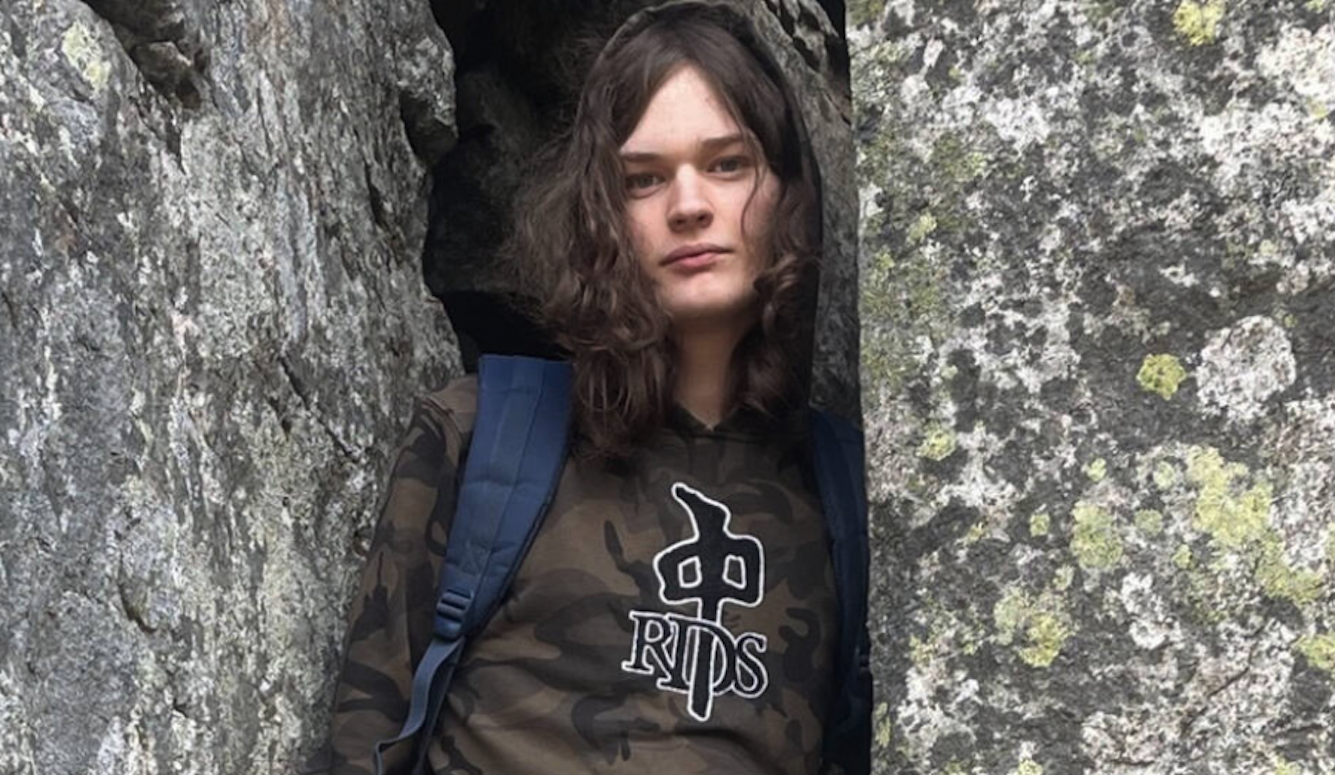Blog
The Future of Canadian Conservatism
Getting oneself labelled ‘conservative’ in this country typically has little to do with ideology. It’s more about one’s willingness to state unpopular facts and break unspoken rules of political etiquette.

What follows are notes from a 4 April 2025 presentation in Kelowna, British Columbia, at The Future of Canadian Conservatism, a conference hosted by the Philosophy, Politics, and Economics Student Association of the University of British Columbia.
There are several famous people around the world who share my name. These include Jonathan Kay, a doctor at the University of Massachusetts who ranks as a renowned expert in rheumatology. I know this because every once in a while, I get mistakenly emailed an invitation to speak at a rheumatology conference. I’ve considered accepting one of these invitations for the sake of performance art, and then regaling my audience by reading aloud from the Wikipedia entry for rheumatology (a branch of medicine that concerns inflammation, apparently). But I decided that would be a mean thing to do to Jonathan Kay, MD.
When the organisers of today’s conference asked me to speak about the “Future of Canadian Conservatism,” I worried that this might be a similar case of mistaken identity. As many of my right-wing critics on social media frequently point out, my conservative credentials are weak. I live in a left-wing Toronto neighbourhood alongside retired university professors and media types. As far as I’m aware, I’m aligned with these CBC-tote-bag neighbours on pretty much every political issue imaginable—except two.
The first is that I don’t think men can magically transform into women (or vice versa) by changing their pronouns on LinkedIn.





